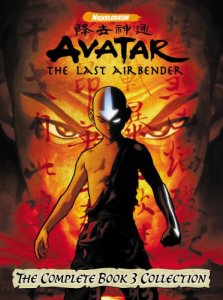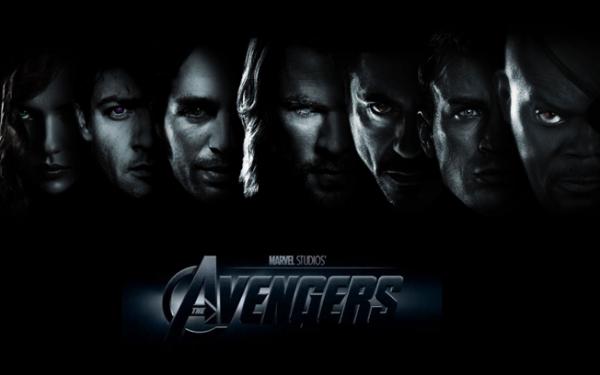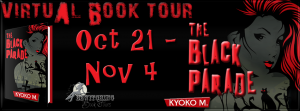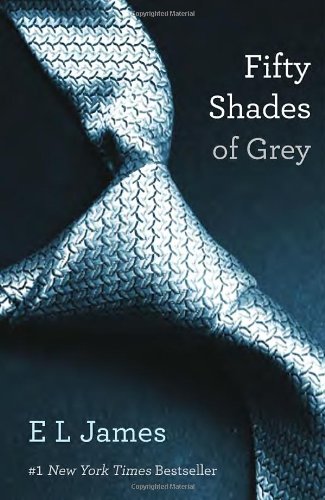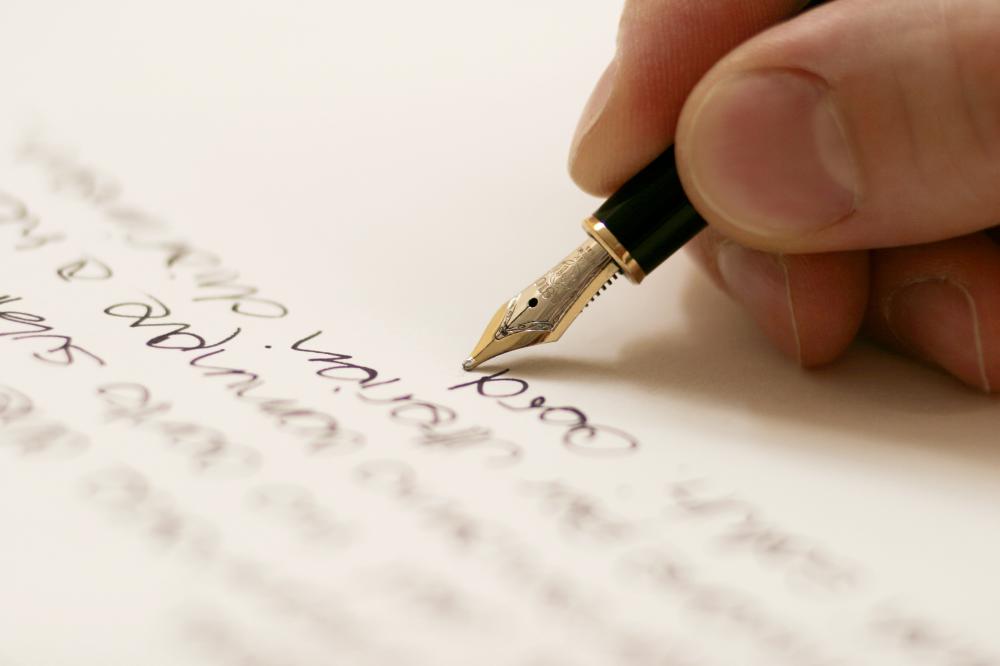The second season of The Legend of Korra is ending soon. I, uh, wish I had better things to say about it, but that’s a story for another time. With season two on its way out, I’m feeling a bit nostalgic for the show that got it all started.
Have you seen this show? If you have, high-five. If you haven’t, hold up your left hand, extend your first finger, and jab yourself in the eye. Hard. After you see the eye doctor and he okays your vision, then go out and buy the DVDs. It’s that good. Thus, I will spend a minute or two talking about all the wondrous things this delightful animated show has taught me.
Underage characters are just as interesting as adult characters. Anyone with experience in reading Young Adult fiction, or who frequently watches cartoons/anime intended for children, has heard this tired, common complaint. Unfortunately, a lot of folks think that just because a novel/short story/cartoon/anime stars a child, it won’t be as good as something with a teenager or adult protagonist. This is such pure bologna that it should be represented by Oscar Meyer. Children are interesting. They are engrossing. They are capable of incredible things, whether they are good or bad. Avatar TLA knew this right of the gate. It introduced us to one of the most amazing spread of characters in all of animated history. Every kid had their own personality, their own agenda, their own beliefs, and their own dreams/goals. It is simply staggering to know that there are seven main young characters (and that’s just the ones central to the plot: Aang, Katara, Sokka, Toph, Zuko, Suki, and Azula) and every single one of them develops and changes over the course of three seasons. Age only determines the way certain things unfold within a story. It often does not limit the spectrum or scope of things that happen. These kids still deal with all the horrible parts of life that adults face at one time or another: violence, rage, hatred, racism, sex, fear, faith, and that’s just for starters. The writers (affectionately called “Bryke” for Brian Konietzko and Martin Dante DiMartino, because both their names are a mouthful) did not treat their audience like drooling infants. They wrote the Gaang the way all shows should hope to—with balance, maturity, and respect.
‘The Chosen One’ trope is not always a cliché. Everyone knows this trope: the “one” who is prophesized to end a war or battle of some sort. It’s been around since the Bible days—Jesus, Luke Skywalker (or Anakin, if you decide to believe that the Star Wars prequels exist), Neo, Harry Potter, and John Connor are just the ones I can rattle off the top of my head. Sometimes it can really wear on the nerves when one character’s actions will affect an entire society, or even a world.
For instance, while I generally disagree with the massive hate over the Matrix sequels, one of the main reasons they were disliked is because after Neo got all his powers, he stopped being an underdog, and a normal guy in an abnormal world. If not written properly, the Chosen One can destroy a story and make the reader want to throw your book across the room. I hate to point fingers (usually), but the Fallen series by Thomas E. Sniegoski also had this problem: a bland, douchebag character who was “the Chosen One” and yet all he did was selfishly bitch and moan, neglect his duties, and get people in his life murdered. However, ATLA was a refreshing change from the tired stereotypes of the Chosen One.
First of all, Aang is freakin’ adorable and peppy and cheerful and wide-eyed and goofy. It’s so easy to like the kid. You’d have to actively try to hate him. His idealism is what makes him both strong and weak throughout his journey, especially his struggle to find a way to stop Firelord Ozai without killing him. The show laid bare all of Aang’s inner turmoil and expanded on everything he learned from his friends and his enemies. I think all writers should watch the show and takes notes, especially those who might consider writing a Chosen One character at some point in their careers.
Another important factor that ATLA got right was to PROVE why Aang was the Chosen One: for his skill, his love of the world and the people in it, and his ability to unite them. That can go haywire quickly. Anakin Skywalker via the Star Wars prequel had this problem in spades. Through all three movies, everyone kept talking about Anakin being the one to “balance” the Force, and yet we’re never shown why. He NEVER shows any great potential, other than the potential to whine incessantly, glower creepily at Padme, and throw temper tantrums that result in murdering lots of people. He had some Jedi skills, but not enough to warrant all that attention. ATLA avoided this and proved that there is a way to do it right.
Don’t be afraid to explore other cultures. Alright, lower your pitchforks. I’m not one of those writers who believes that white people are the devil. I am, however, realistic about what’s out there in the main media. When it comes to fantasy and science fiction genres, white characters are predominant. Often, it happens because there are just a ton of incredibly talented writers. Still, there is a stigma whispered about that ethnicities can’t bring home the bacon, and that’s just not true. ATLA integrated several different cultures—Chinese, Japanese, Hindu, Indian, Eskimo, and that’s the tip of the iceberg, hahaha I made a funny—and still knocked it out of the park without (a) being offensive or (b) compromising great storytelling. This is another aspect I think other writers should make a note of for the future. Culture is what makes the world go ‘round. At the end of the day, all writers end up talking about can boil down to how similar or different their characters are. There are beautiful and hideous things about every culture. We should explore them, and explore them without restraint. A character’s race should never be a deterrent. If it is well written, it can be enjoyed by a person of any background.
Women are awesome. I really don’t need to go on long about this one. ATLA has some of the best female characters of all time, bar none. I mean, Toph. Just…TOPH. If you somehow don’t worship the ground she earth-bends, then there’s always Katara, Suki, Azula, Mai, Ty Lee, Princess Yue, June, Avatar Kyoshi…I could go on for ages. ATLA knew how to write girls, and write them better than a hell of a lot of other shows. Mostly because Bryke knew that girls are the same as boys—they have emotions, thoughts, fears, desires, and everything that the male characters have. There were very few stereotypes to be had and every character had a purpose in the show. That, to me, is one of the greatest things that ATLA accomplished in its run.
Honestly, I could probably go on longer, but I have to stop worshipping at some point because my knees are tired. Seriously, though, if you haven’t checked it out, please do. It’s worth your time, believe me. I’m glad to have grown up with a show that believed that I could handle a great story and didn’t talk down to me. It’s something we should all have, no matter how old we are.
Kyoko
